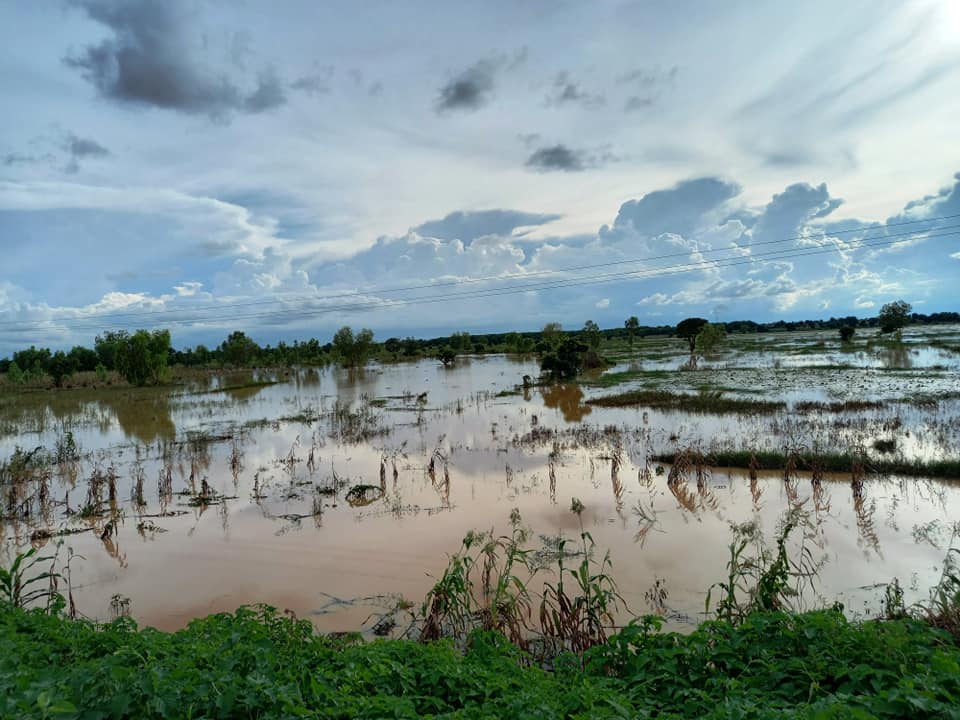There are no products in your shopping cart.
| 0 Items | £0.00 |


NIGERIA'S plans to become self-sufficient in rice production have suffered a serious setback over the last two weeks as heavy rainfall has destroyed hundreds of hectares of crops in Kebbi State that was spearheading the expansion plan.
Once the world's largest rice importer, Nigeria consumes about 7m tonnes of the commodity a year and to reduce the import bill, the government has been encouraging farmers to increase yields lately. Kebbi State has been at the centre of this growth in output, helping push Nigeria's annual crop to 4m tonnes and in 2017, Africa's largest rice milling plant was opened in the state.
Over the last fortnight, however, farmers in the state have suffered major setbacks as there has been severe flooding in 11 local government areas, destroying thousands of tonnes of crops. Governor Atiku Bagudu listed the 11 affected local government areas as Argungu, Birnin Kebbi, Bunza, Suru, Koko-Besse, Yauri, Shanga, Bagudo, Maiyama, Jega and Dandi.
Given it predominantly agrarian economy, it is believed that Kebbi State has lost over 500,000 hectares to the floods. Of this figure, it is believed that 450,000 hectares were rice farms, with the other crops affected said to include sorghum, millet and maize, with a combined commercial value of N5bn ($13m).
One local farmer said: “We lost our farm produce and animals to the flood. A number of farmers here cultivated between 50 and 100 hectares of rice plantations producing hundreds of bags of paddy every rainy season and we never experienced this kind of disaster in the past.”
Another farmer who gave her name as Libabatu Usman Kamba, added: “The losses recorded this year are so enormous that majority of smallholder farmers would not go back for this year’s dry season farming. The usual practice by most farmers is to re-invest what they realised from rainy season farming for dry season farming.
Zuwaira Abubakar, another rice farmer from Argungu local government area, said: “We are calling on the government to come to our aid as many of us will be out of business if no intervention comes our way. Farmers don’t keep money, the more we make in the business the more we open more farmlands, that is the secret of the farming business otherwise you won’t last long in it.”
Those farmers who purchased Leadway Assurance Company Agricultural Insurance crop protection policies will be compensated for their losses. With this crop insurance protection, they need not wait for any special intervention to enable them go back to the farming for the dry season programme as the insurer will pay them for the damages they suffered.